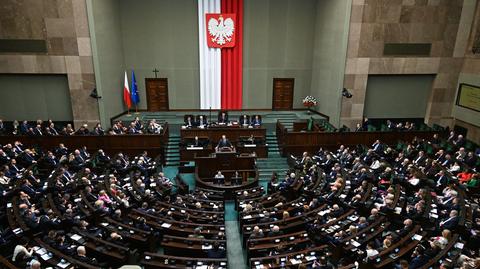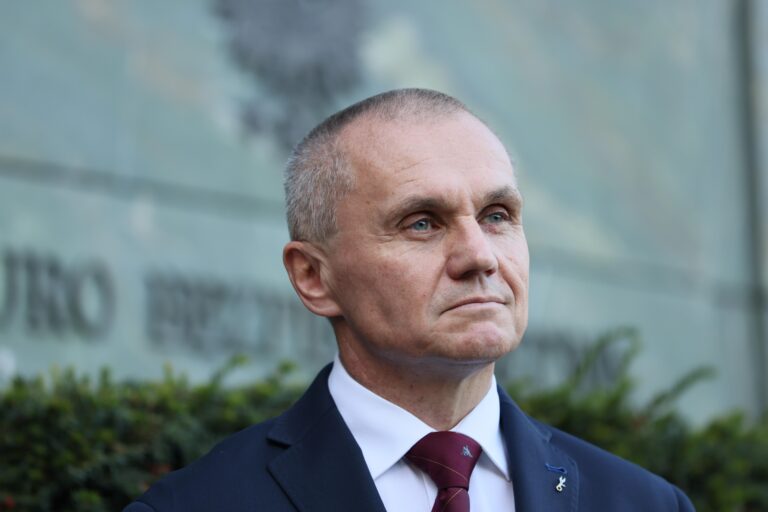Biznes Fakty
Elimination of time change. There is a project

Deputies from the Polish People's Party – Third Way have presented a draft amendment to the law regarding official time in Poland to the Sejm, suggesting the implementation of permanent summer time. The proponents assert that abolishing the time change would positively influence the health of Polish citizens.
The proposal aims to establish a permanent official time – Central European Summer Time. The initiators claim that „the biannual time change currently lacks social or economic justification” and is an outdated practice that brings about detrimental economic and health effects.
MPs introduce legislation to eliminate time shift
According to the rationale for the initiative, altering the time disrupts the biological clock, leading to adverse effects on both mental and physical health, including a heightened risk of cardiovascular and neurological issues.
The alteration of time – as per the advocates – also complicates business operations and disrupts the functioning of public and economic services. „Trains and planes must adjust to the time change, which can sometimes result in an hour’s delay or necessitate a special schedule alteration. Banks announce technical outages to implement the time change, during which electronic banking services become inaccessible. Additionally, it requires clock adjustments, modifications to work schedules in companies, or individual classes” – it was noted in the justification.
The absence of the suggested amendments would, according to PSL-TD MPs, lead to continued „generation of organizational and technical expenses related to adapting systems to time changes” without any corresponding energy savings.
As argued by PSL-TD MPs, switching to Central European Summer Time would be advantageous as „from October to March, the sun would rise an hour later and there would be an extra hour of daylight available in the afternoon, which could be utilized more effectively than in the morning hours, when most Poles are studying or working.”
They believe this change would bring various health advantages, including alleviating symptoms of sleep disorders and enhancing overall mental well-being. Implementing these changes would also streamline the management of working hours, education, and the operation of public services.
Read more: „This is a relic that is harmful to our health” >>>
Time change in Poland and the European Union
Across the European Union, summer time is adjusted on the last Sunday in March, while winter time is reverted on the last Sunday in October. The timing for the start and conclusion of summer time, which is standardized across all Member States, is governed by a directive in effect since 2001.
In Poland, the time shift is regulated by the Prime Minister’s Regulation concerning the introduction and cancellation of Central European Summer Time for the years 2022-2026.
Daylight saving time, which involves advancing clocks by one hour during the spring and summer months, was initially proposed by Benjamin Franklin in the 18th century. In Europe, the practice of changing clocks in spring and autumn was first implemented to conserve energy during World War I. This practice saw a resurgence in many nations during the 1970s.



